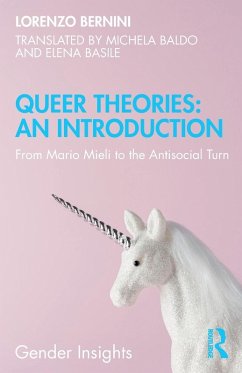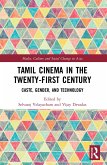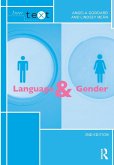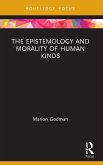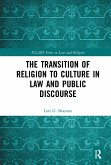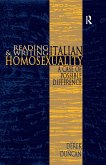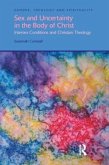This is a short and accessible introduction to the complex and evolving debates around queer theories, advocating for their critical role in academia and society. The book traces the roots of queer theories and argues that Foucault owed an important debt to other European authors including the feminist and homosexual liberation movements of the 1960-1970s and the anticolonial movements of the 1950s.
Going beyond a simple introduction to queer theories, this book situates them firmly in a European and Italian context to offer a crucial set of arguments in defence of LGBTQI+ rights, in defence of the freedom of teaching and research, and in defence of a radical idea of democracy. The narrative of the book is divided into three short chapters which can be read independently or in sequence. The first chapter argues that queer theories are rooted in the critical philosophical tradition, the second presents a critique of heterosexism and the binary inherent to the gender-sex-sexual orientation system, and the third chapter sketches a history of the queer debate. The book offers a useful typology of queer theories by sorting them into three basic paradigms: Freudo-Marxism, radical constructivism, and antisocial and affective theories, clarifying the complexities of the nature of the debates for undergraduates.
The book is both accessible and original, and is suitable for both specialist researchers and undergraduate students new to queer studies. It will be essential reading for those studying philosophy, sexuality studies and gender studies.
Going beyond a simple introduction to queer theories, this book situates them firmly in a European and Italian context to offer a crucial set of arguments in defence of LGBTQI+ rights, in defence of the freedom of teaching and research, and in defence of a radical idea of democracy. The narrative of the book is divided into three short chapters which can be read independently or in sequence. The first chapter argues that queer theories are rooted in the critical philosophical tradition, the second presents a critique of heterosexism and the binary inherent to the gender-sex-sexual orientation system, and the third chapter sketches a history of the queer debate. The book offers a useful typology of queer theories by sorting them into three basic paradigms: Freudo-Marxism, radical constructivism, and antisocial and affective theories, clarifying the complexities of the nature of the debates for undergraduates.
The book is both accessible and original, and is suitable for both specialist researchers and undergraduate students new to queer studies. It will be essential reading for those studying philosophy, sexuality studies and gender studies.

